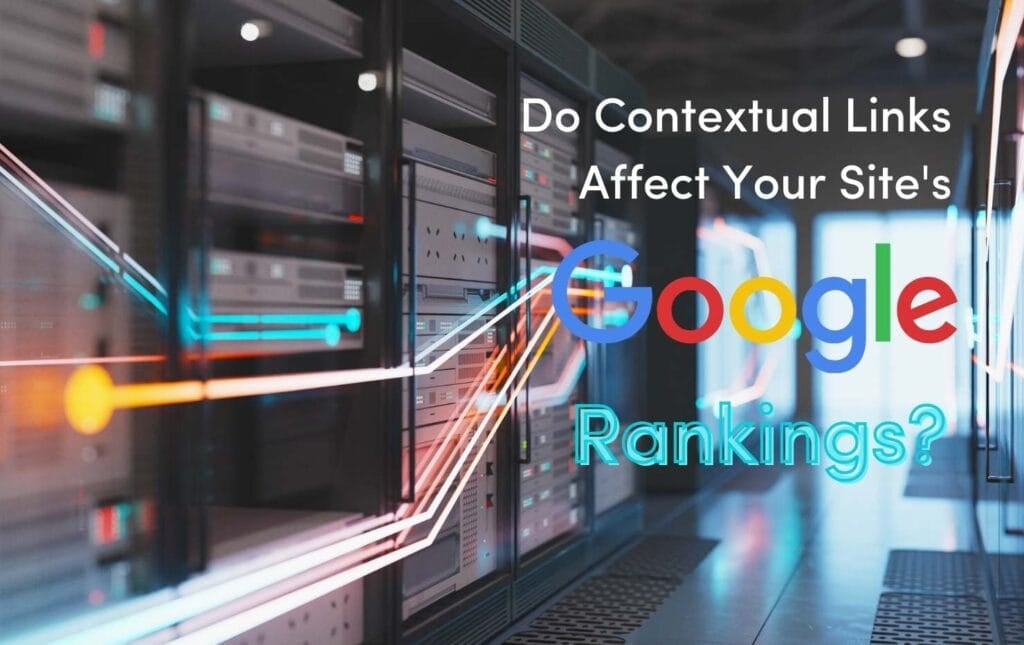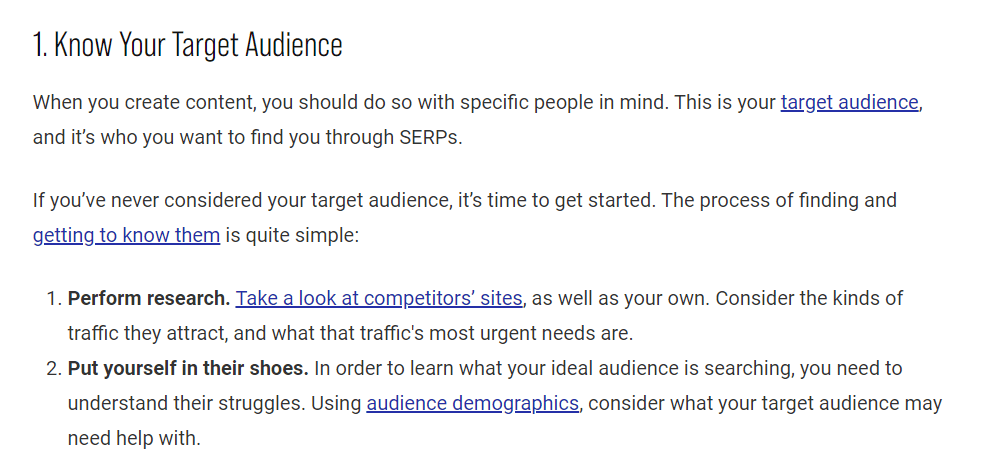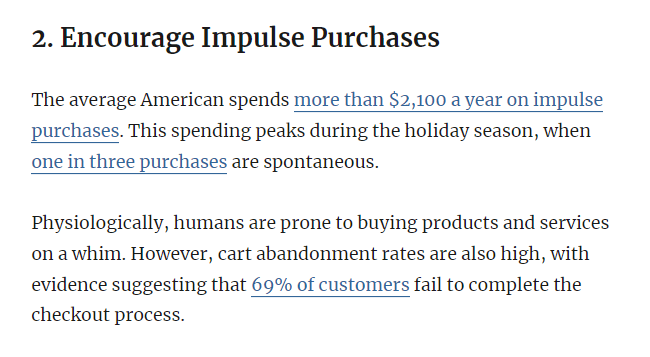

So, you’ve produced some quality content, your website looks beautiful, and you’ve got products that people want. However, you still have to scroll through page after page of Google search results before you can find your site. Therefore, you might be wondering: what’s going wrong?
There are many ways to improve your performance in Google. One of the most effective methods is adding contextual links. These links can have a positive impact on your search engine rankings.
In this post, we’ll take a closer look at contextual links and how they can improve your rankings. We’ll also look at some best practices for using them on your site. Let’s get started!
An Introduction to Contextual Links (And Why They Matter)
A contextual link is typically placed within the body of a post or page. Ideally, you’ll want to use descriptive anchor text to help readers understand the relevance of the link.
There are two types of contextual links: outbound links and inbound links. Outbound links send users to another website, while inbound links direct readers to posts published on the same site:

For example, if you’re writing a post about social media marketing and you mention Facebook, a link to the social media site would be an outbound contextual link. However, if you include a link to a post about Facebook that you published on your site, this would be an inbound link.
Contextual links can help you boost your search engine rankings. So long as they’re implemented correctly, they can make your content more trustworthy and authoritative. In turn, this may drive more traffic to your site, give you more brand visibility, and help increase your conversion rate.
Are Contextual Links a Ranking Factor for Google?
Back in 2012, Google released an update by the name of Penguin. Prior to this, there was no difference between contextual and non-contextual links.
Penguin changed the algorithm’s methodology entirely, cutting out attempts to influence ranking through link schemes. In fact, this update prioritized quality over quantity, with Google paying more attention to natural links and penalizing pages with spammy and irrelevant links.
However, Google has never officially stated that contextual links are a ranking factor. This is probably because the company wants to discourage manipulative link building and other spammy schemes.
Contextual links can make your content more helpful. Readers who want to learn more about a topic can click on a link that takes them to a relevant post:

Additionally, these links can help reduce your bounce rate by encouraging readers to check out other posts on your site. This user engagement can show search engines that you publish high-quality content, and that you’re an expert in your niche. Therefore, it may help you climb the rankings and attract more traffic to your site.
However, it’s important to remember that contextual links are not the only ranking factor. There are other elements that can help you climb the rankings, including long-tail keywords and optimized images.
Tips for Improving Link Usage on Your Site
As we have seen, contextual links can help you improve your rankings. Let’s look at some tips for using them effectively on your site.
First, you’ll want to make sure your anchor text includes words or phrases that are related to the article you’re linking to. This way, search engines will be able to understand the relevance of the links when crawling your site.
Secondly, you’ll want to avoid stuffing your posts with links. If you have too many links on your page, search engines might see it as spam and penalize your site.
Additionally, it’s important to ensure that your links fit naturally within your post. The text shouldn’t be manipulated to create linking opportunities.
Finally, we recommend that you prioritize links to established websites and authoritative sources, especially when citing studies or mentioning statistics:

Remember that algorithms are designed to promote the most relevant and helpful pages to users. Therefore, contextual links to high-quality pages can be seen as more valuable, and may help you rank higher.
Conclusion
If you want to improve your site’s performance in Google, contextual links are an excellent place to start. By making a few small changes in the way you use links in your content, you can begin to climb those rankings more quickly.
In this post, we shared a few tips for improving link usage on your site. For instance, links should fit naturally into your content. You’ll also want to make sure that the anchor text is related to the linked post, so that readers know where they’re going. In addition, it’s important that you prioritize quality over quantity, and link to authoritative sources.
Do you have any questions about using contextual links on your website? Let us know in the comments section below!
If you liked this post, be sure to follow us on Twitter, Instagram, Facebook, Pinterest, and LinkedIn! And don’t forget to subscribe in the box below.
https://www.badadeal.com/contextual-links-how-they-affect-google-ranking-how-to-use-them/?feed_id=4142
Comments
Post a Comment